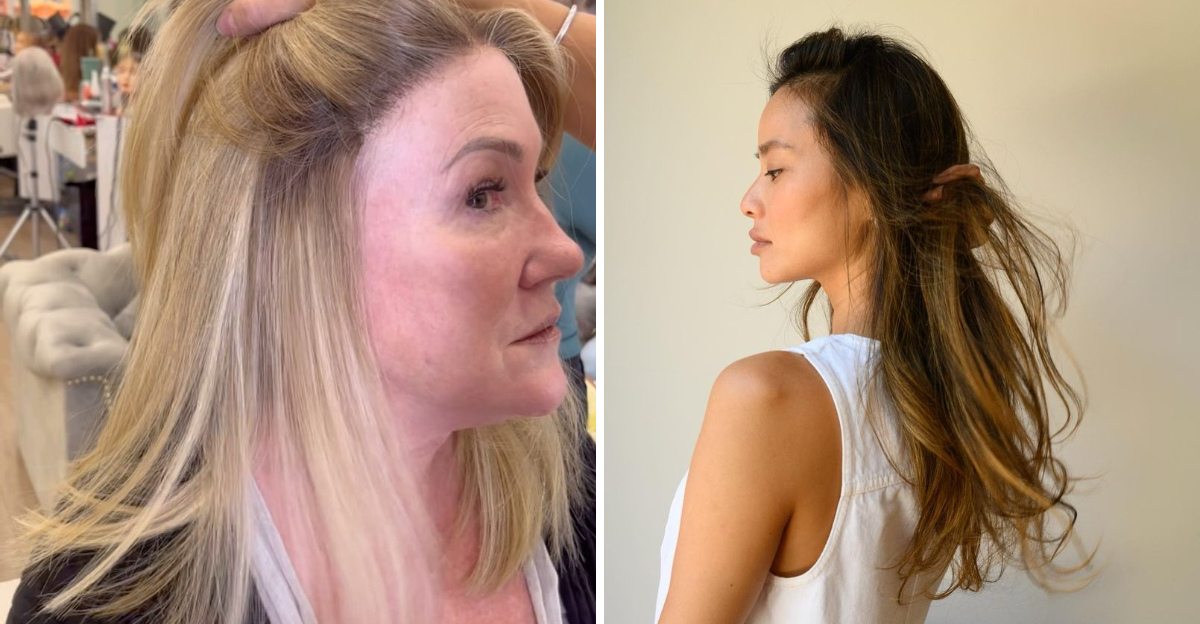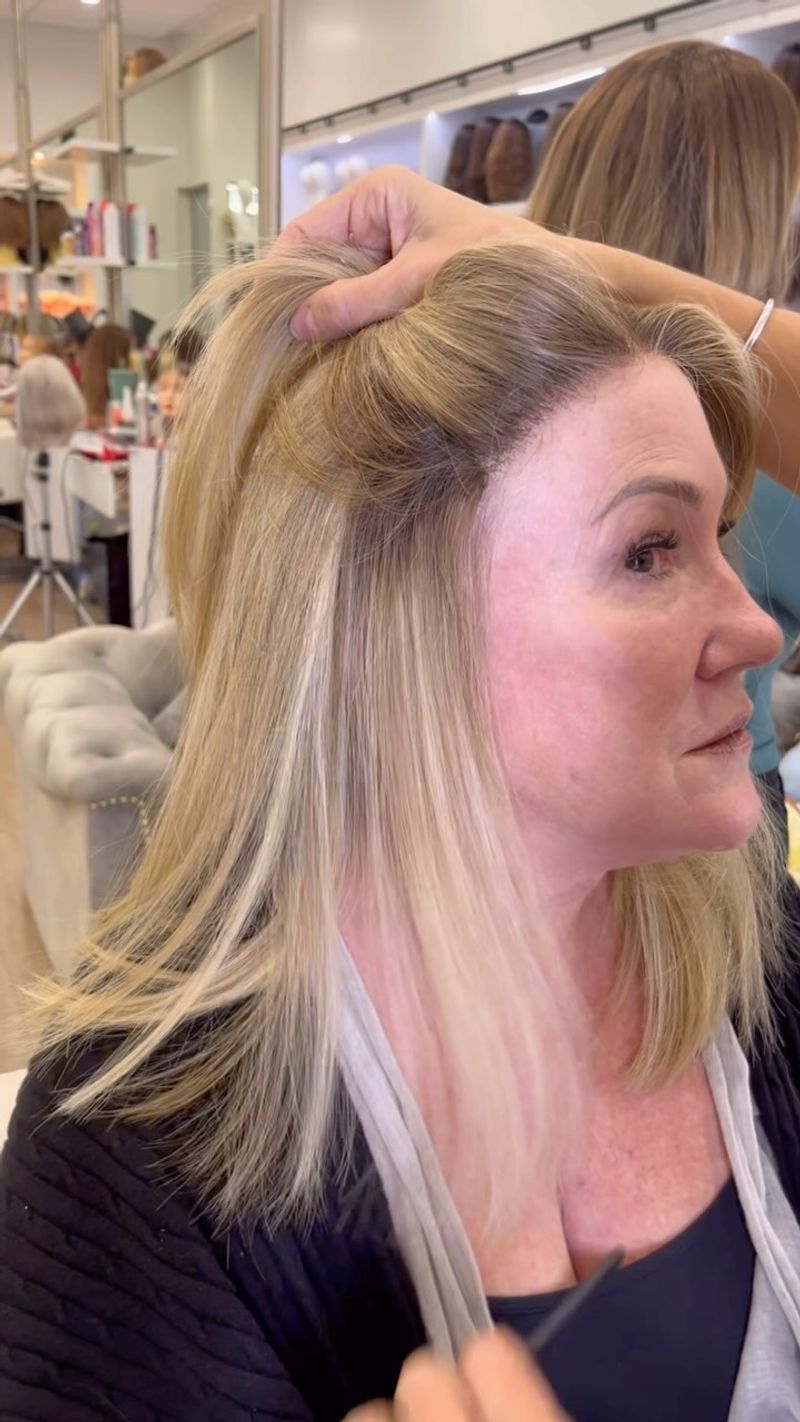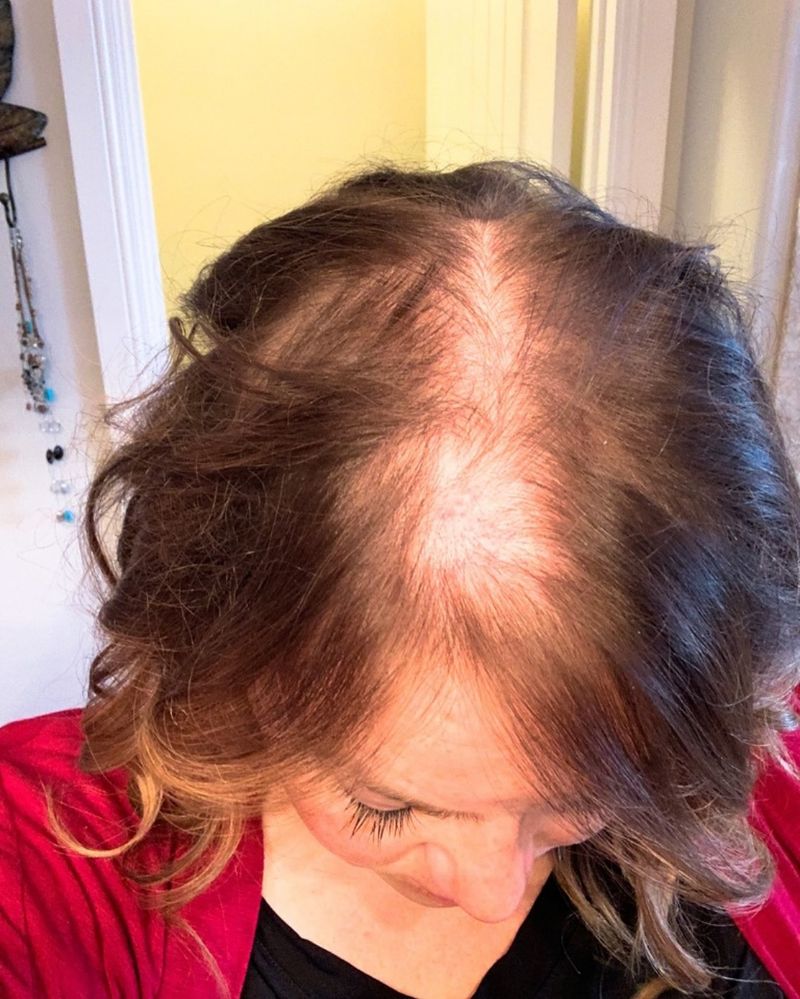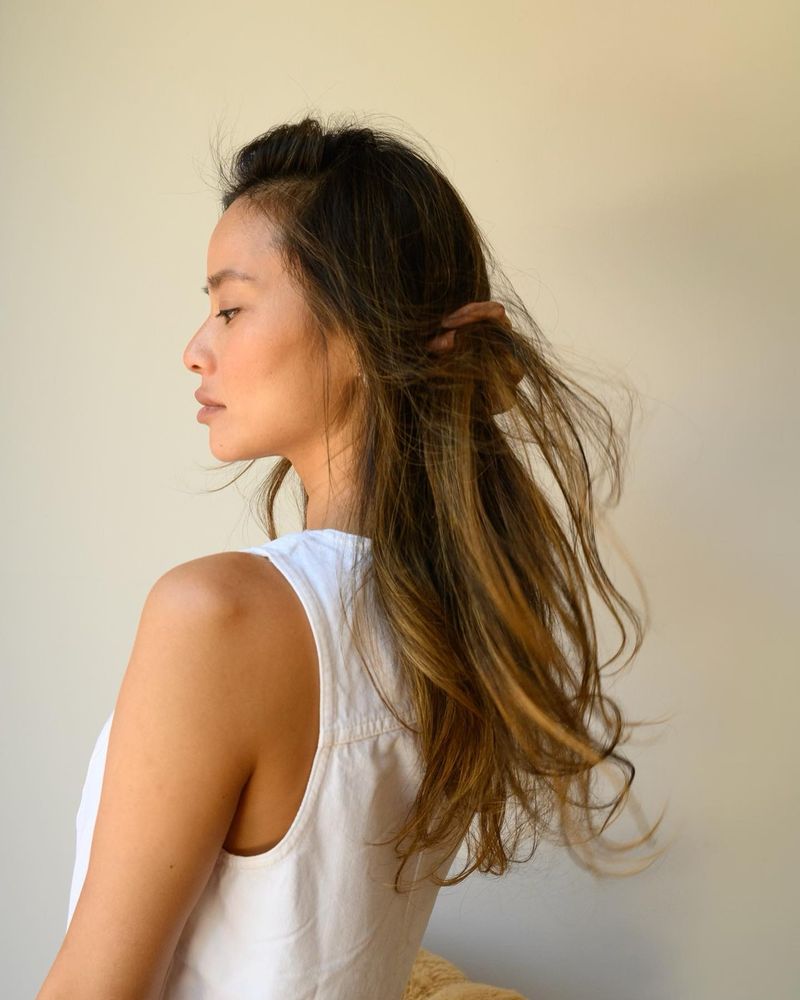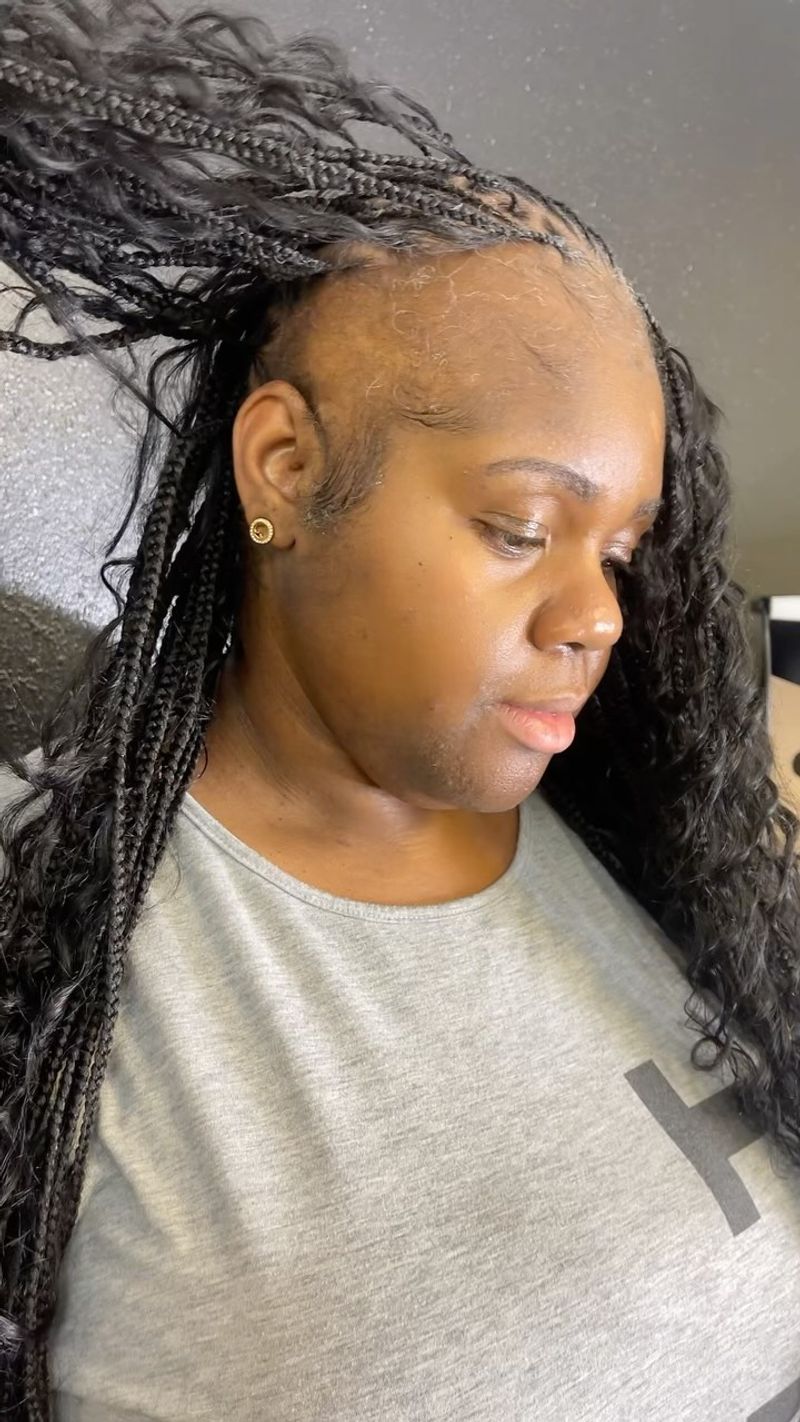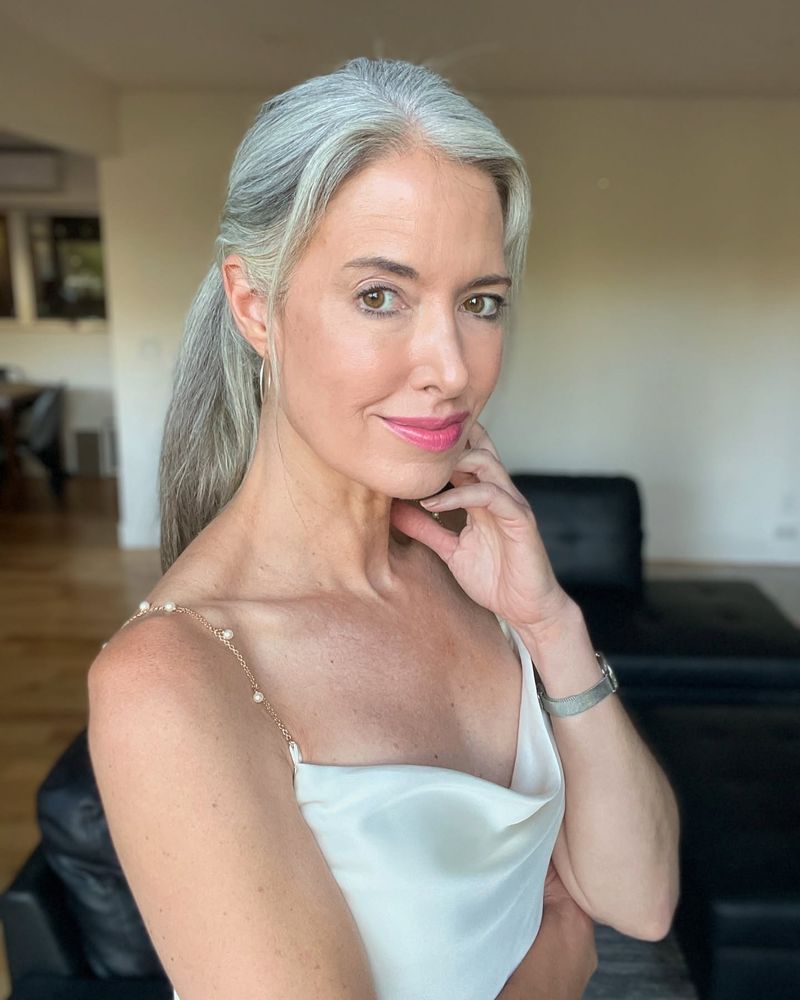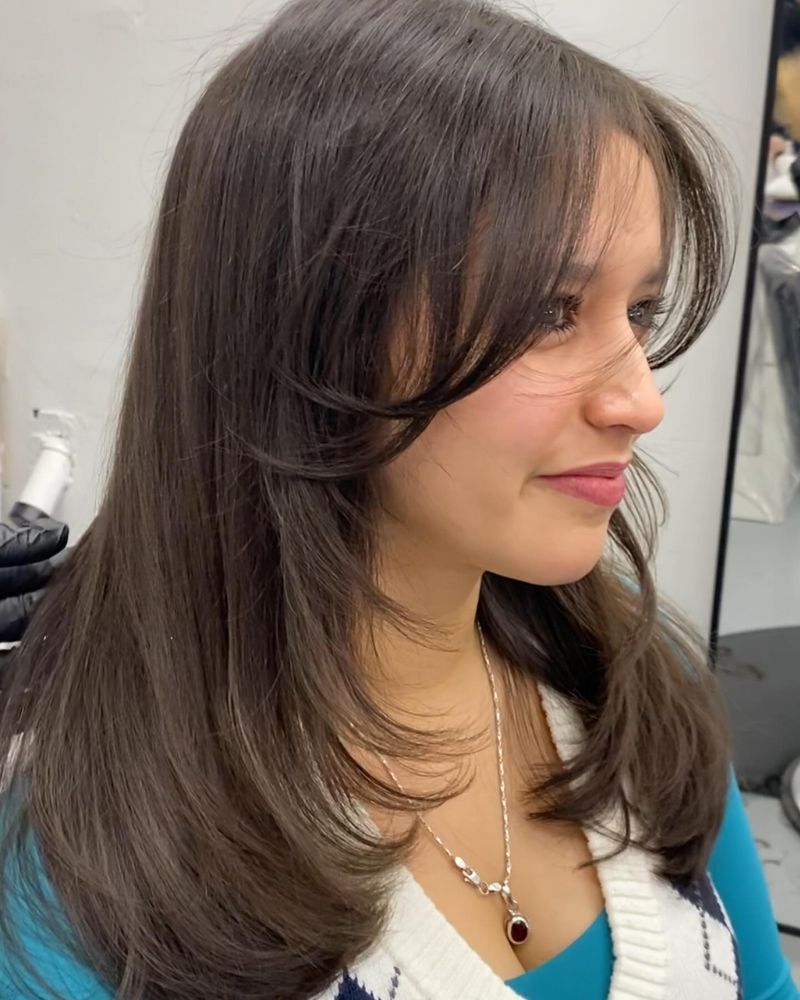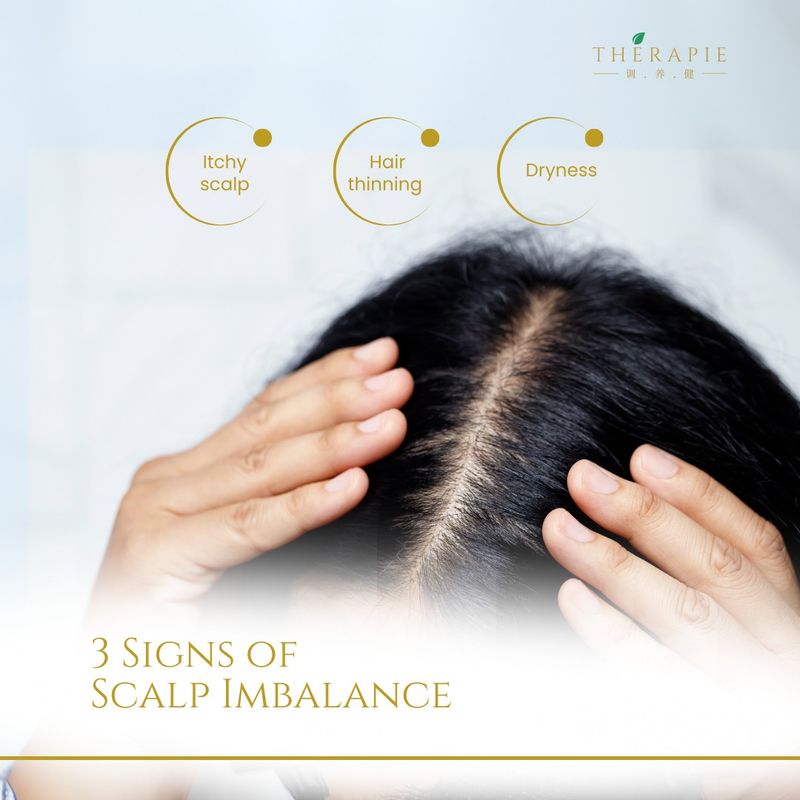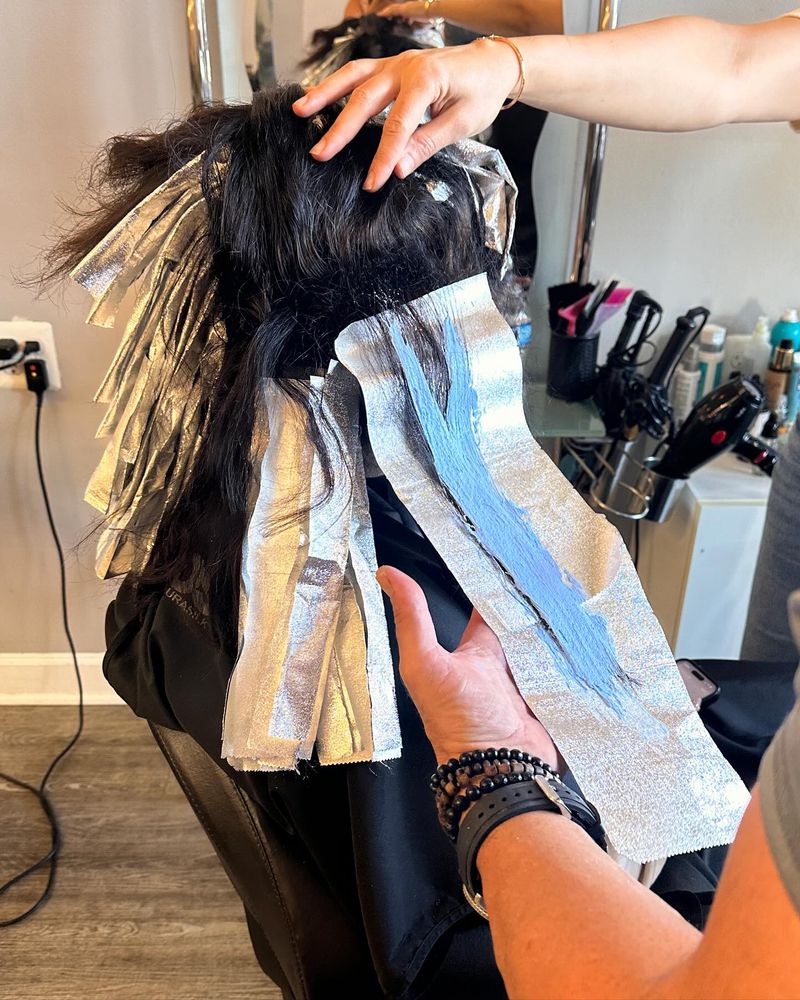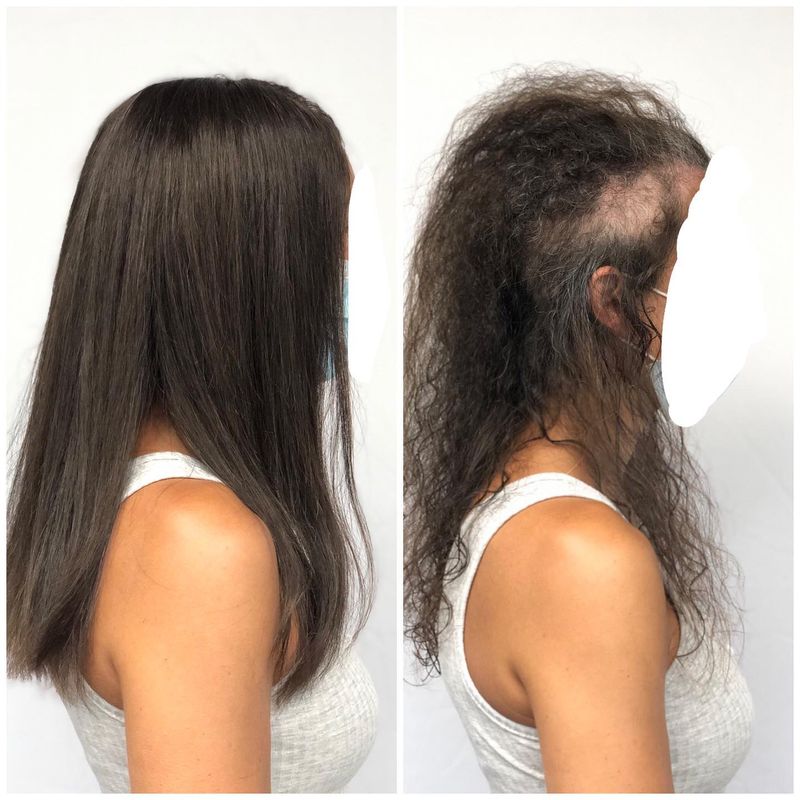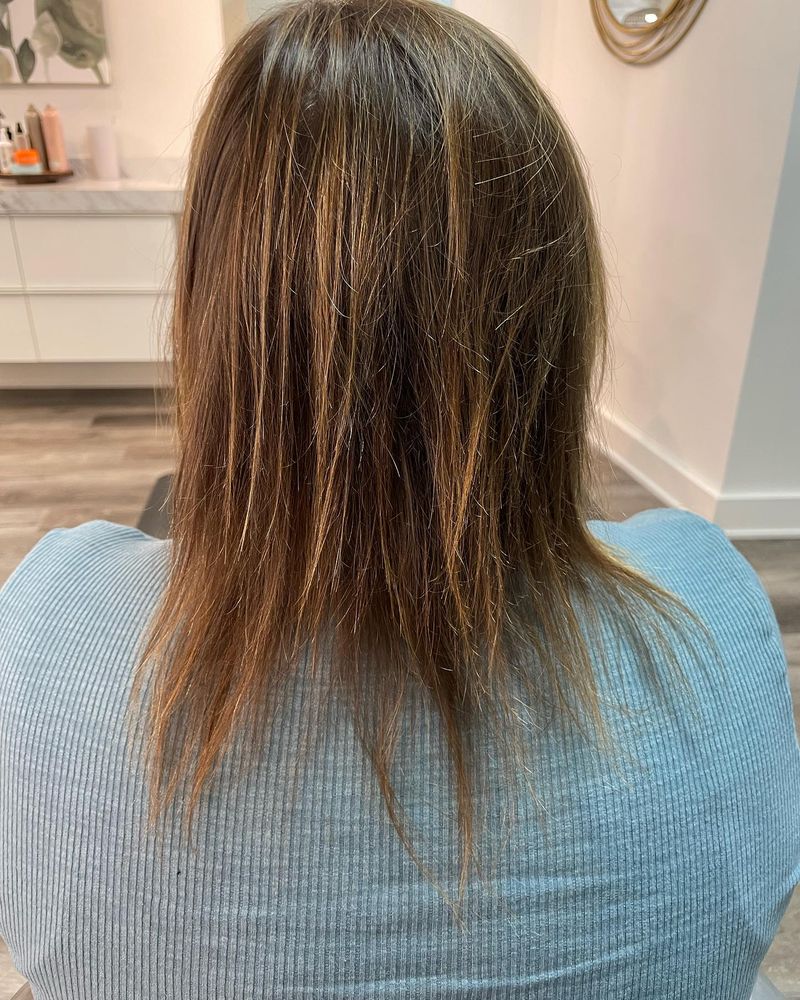Thinning hair can be a distressing experience, but understanding the reasons behind it can help you take action. From genetics to lifestyle choices, there are many factors that could be contributing to this common issue. Let’s explore 15 reasons why your hair may be thinning and what you can do to combat it.
1. Genetic Predisposition
Hair loss often runs in families. If your parents experienced it, chances are you might too. Understanding your genetic predisposition can help you prepare for treatments early. Embrace your unique genetic journey and consult with a specialist to explore options.
2. Hormonal Changes
Hormones play a significant role in hair health. Whether due to menopause, pregnancy, or thyroid issues, hormonal fluctuations can thin your hair. Addressing these changes with medical guidance can restore balance and vitality to your locks.
Relacionadas: -7 Straight-Hair Problems No One Talks About And 8 Easy Fixes That Shine
3. Nutritional Deficiencies
Lacking essential nutrients like iron, zinc, or vitamins can weaken your hair. A balanced diet rich in these nutrients can revitalize your hair’s strength and shine. Consult a nutritionist to tailor a diet plan for optimal hair health.
4. Stress and Anxiety
Stress can wreak havoc on your hair, triggering shedding and thinning. Finding ways to manage stress through relaxation techniques or therapy can rejuvenate your hair. Prioritize mental health as part of your hair care routine.
5. Overstyling Damage
Frequent use of heat styling tools and harsh chemicals can weaken your hair. Embrace healthier styling habits and give your hair a break. Explore natural styles and products that nourish rather than damage your hair.
6. Medical Conditions
Certain medical conditions like alopecia or lupus can lead to hair thinning. Diagnosing these underlying issues is crucial for effective treatment. Collaborate with healthcare professionals to identify solutions tailored to your specific needs.
7. Medication Side Effects
Medications can sometimes lead to unintended hair thinning. If you suspect this is the case, speak with your doctor about alternatives. Adjusting your medication may alleviate this side effect and restore your hair’s health.
8. Aging Process
Aging naturally affects hair density. As you grow older, embracing these changes can foster confidence. Consider styles that complement your evolving look and consult with experts for age-appropriate hair care tips.
9. Environmental Factors
Pollutants and harsh weather conditions can significantly affect hair health. Protecting your hair from these elements is essential. Use protective products and accessories to shield your hair from environmental damage.
10. Poor Hair Care Habits
Neglecting a proper hair care routine can escalate thinning. Adopting a regimen that includes regular washing, conditioning, and gentle handling can invigorate your hair. Personalize your hair care to match your hair type and condition.
11. Infections and Scalp Issues
Infections and scalp conditions like dandruff can hinder hair growth. Treating these issues with medicated shampoos and remedies can restore scalp health. Don’t ignore scalp troubles; they are vital to maintaining a full head of hair.
12. Chemical Exposure
Frequent exposure to harsh chemicals can result in hair thinning. Limiting contact with harmful substances and using protective measures can safeguard your hair. Opt for organic and less abrasive alternatives for your hair care needs.
13. Trichotillomania
This compulsive hair-pulling disorder can cause noticeable thinning. Seeking therapy and support can aid in overcoming this behavior. Addressing underlying emotional triggers is essential for recovery and hair regrowth.
14. Rapid Weight Loss
Sudden weight loss can shock your system, affecting hair vitality. A holistic approach to weight management, ensuring adequate nutrient intake, can mitigate hair thinning. Consult with a nutrition expert to balance your diet effectively.
15. Pregnancy and Postpartum Changes
Pregnancy alters your body’s chemistry, impacting your hair. Postpartum shedding is common but temporary. Support your body’s recovery with proper nutrition and patience. Embrace this life stage with understanding and care for your hair’s journey.

